DoJ mulls potential Google services breakup in monopoly lawsuit – what happens next?
The US Department of Justice’s first round of antitrust remedy proposals were called "radical" by Google, which argues open source developers would be first to suffer if it were forced to relinquish Android or Chrome
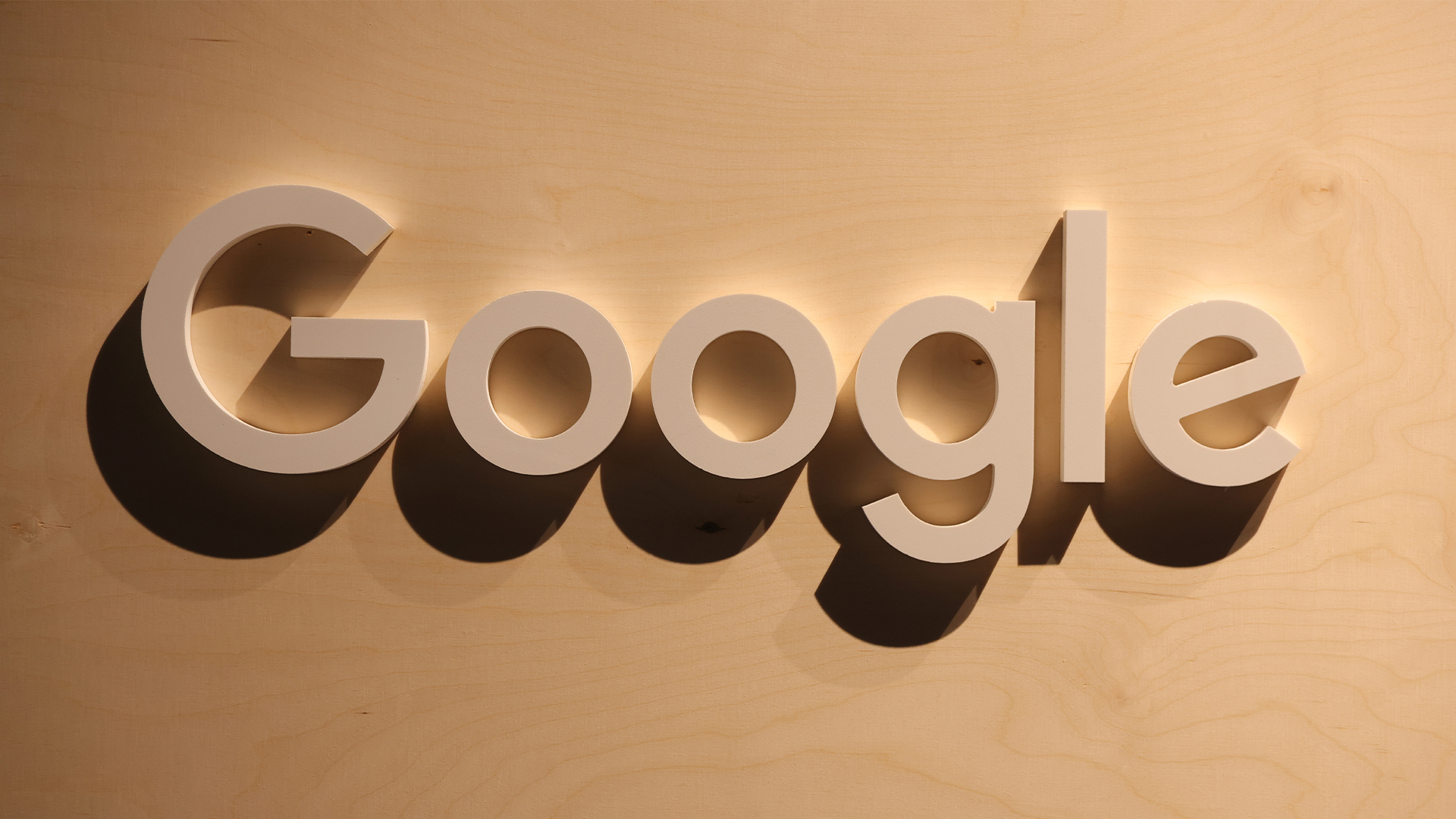

American regulators are considering breaking up Google after a judge ruled that it has a search monopoly.
To address the issue, the US Department of Justice (DoJ) is considering a series of "behavioral and structural remedies" — but the one catching the most attention is a potential breakup of the company.
"Google's anticompetitive conduct resulted in interlocking and pernicious harms that present unprecedented complexities in a highly evolving set of markets," the DoJ filing says.
Precisely what would happen if Google loses its appeal is still under consideration. The filing makes multiple suggestions including restricting Google's ability to pay other companies to make Google their default search tool and offsetting Google's inherent advantage by forcing it to share data on users and AI models with rivals.
Additional proposals include opening up the online ad market via licensing or syndication and educational campaigns to ensure users are aware of competing products.
On the AI front, the DoJ is looking at forcing Google to let sites be included in search but not used by its AI tools for training, a move designed to keep Google from benefiting from the reach it has built.
Beyond such smaller mitigations, the DoJ filing also notes "structural remedies". This is largely being read as the regulator breaking up Google, to prevent it from reaping the benefits of owning Chrome, Play, Android, and Search.
Get the ITPro daily newsletter
Sign up today and you will receive a free copy of our Future Focus 2025 report - the leading guidance on AI, cybersecurity and other IT challenges as per 700+ senior executives
The filing is a proposed framework of potential remedies, with a more detailed filing due in November 2024 and Google's own proposal due in December 2024.
These proposals will be worked through in court next year, allowing the DoJ to conduct further discovery with Alphabet-owned Google to help it unpick how the company operates, and that will inform a final ruling with a remedy for Google's antitrust violations.
The remedies must address the harms already caused by the monopoly and prevent a recurrence, the filling notes, adding that it's likely multiple remedies will be necessary.
The DoJ filing said that finding an effective antitrust remedy is no easy task. "Google’s unlawful conduct persisted for over a decade and involved a number of self-reinforcing tactics," the filing notes.
"Unwinding that illegal behavior and achieving the goals of an effective antitrust remedy takes time, information — particularly given the informational asymmetries between Plaintiffs and Google — and careful consideration. Plaintiffs are working to investigate and evaluate the particulars of the remedies that will be necessary to resolve the serious competition issues that have plagued the relevant markets for more than a decade."
Google's response to monopoly claims
In August, Judge Amit Mehta ruled on an antitrust case first brought in 2020 concerning Google's payments to companies to ensure its search engine is the default, or only, option on certain devices. The payments topped $26 billion in 2021 alone, but the company made $146 billion in search ad revenue that year.
In the ruling, Mehta called Google a "monopolist," and said: "Google has not achieved market dominance by happenstance." However, the judge also admitted that Google has built "the industry's highest quality search engine".
The ruling was treated as a win by American politicians, with the White House press secretary Karine Jean-Pierre calling it a "victory for the American people" per Reuters.
Alphabet said at the time it would appeal the ruling. "This decision recognizes that Google offers the best search engine, but concludes that we shouldn’t be allowed to make it easily available," Kent Walker, President of Google Global Affairs, said in a statement.
RELATED WHITEPAPER
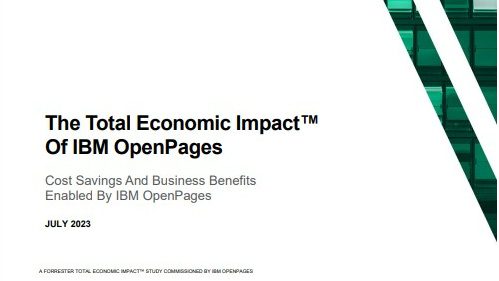
Google's vice president for regulatory affairs, Lee-Anne Mulholland, said in a blog post that the company would respond to the DoJ's "radical" proposal in detail as part of the court case to decide a remedy next year.
"However, we are concerned the DoJ is already signaling requests that go far beyond the specific legal issues in this case," she wrote.
Mulholland noted that while the case was apparently about search distribution contracts, the government's remedy proposals fail to focus on that aspect and instead "seems to be pursuing a sweeping agenda" that will have wider impacts.
If a breakup forced the end of open source access to Android and Chrome, the impact would be far-reaching, she argued. This is because these technologies are used in everything from consumer tech to enterprise devices. She also warned that breaking up the Google ecosystem could hurt user security and make patching bugs more difficult.
"Few companies would have the ability or incentive to keep them open source, or to invest in them at the same level we do," she argued.
"Make no mistake: Breaking them off would change their business models, raise the cost of devices, and undermine Android and Google Play in their robust competition with Apple’s iPhone and App Store."
Beyond that, in the blog post, Google also warned that banning distribution contracts would cut revenue for Mozilla and potentially raise the prices of Android phones while disrupting the online advertising market would limit competition rather than spark it.
Mulholland noted the DoJ suggestion to share search queries and other user behavior data was a privacy breach with security implications and warned against holding back Google in AI. "Business models in AI, much less winners and losers, have yet to be determined, and competition globally is fierce," she said.
What's next for Google?
Choosing the right course of action is no easy task. The DoJ attempted to break up Microsoft in 2000, but the company fought back and won in appeals. Subsequent efforts in 2007 to address Microsoft's then dominance of the browser market with Internet Explorer via the browser ballot were largely ineffective — not least because Google Chrome arrived in 2008, quickly disrupting and dominating the market.
Indeed, during the Google antitrust trial, evidence was presented showing a search engine ballot would likely have little impact.
Similar upheaval faces the search market now, from social media as well as AI. Though Google still dominates search, large language models have begun to disrupt the market and if another company manages to create a better system, Google could be facing antitrust action as its dominance wanes – just as Microsoft did so many years before.
Google's Mulholland admitted as much: "The DOJ’s outline also comes at a time when competition in how people find information is blooming, with all sorts of new entrants emerging and new technologies like AI transforming the industry."
The case to decide the remedy is expected next year. Mulholland added: "We look forward to making our arguments in court."
Freelance journalist Nicole Kobie first started writing for ITPro in 2007, with bylines in New Scientist, Wired, PC Pro and many more.
Nicole the author of a book about the history of technology, The Long History of the Future.
-
 Bigger salaries, more burnout: Is the CISO role in crisis?
Bigger salaries, more burnout: Is the CISO role in crisis?In-depth CISOs are more stressed than ever before – but why is this and what can be done?
By Kate O'Flaherty Published
-
 Cheap cyber crime kits can be bought on the dark web for less than $25
Cheap cyber crime kits can be bought on the dark web for less than $25News Research from NordVPN shows phishing kits are now widely available on the dark web and via messaging apps like Telegram, and are often selling for less than $25.
By Emma Woollacott Published
-
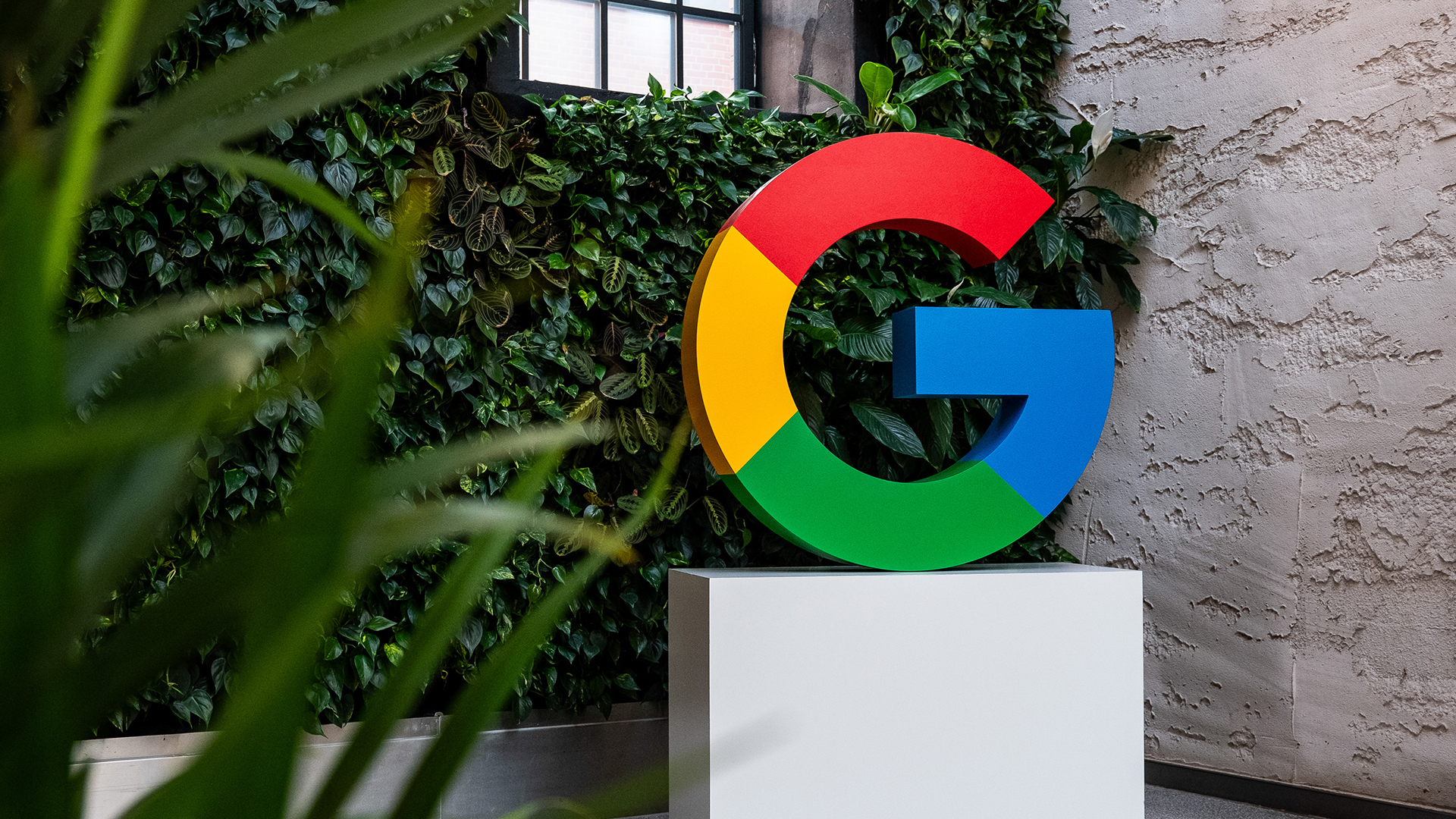 Google just released a new AI agent for data scientists on Colab, and it’s free to use
Google just released a new AI agent for data scientists on Colab, and it’s free to useNews Google Labs has made Data Science Agent available to all Colab users in a bid to help developers speed up application design.
By Emma Woollacott Published
-
 ‘Europe could do it, but it's chosen not to do it’: Eric Schmidt thinks EU regulation will stifle AI innovation – but Britain has a huge opportunity
‘Europe could do it, but it's chosen not to do it’: Eric Schmidt thinks EU regulation will stifle AI innovation – but Britain has a huge opportunityNews Former Google CEO Eric Schmidt believes EU AI regulation is hampering innovation in the region and placing enterprises at a disadvantage.
By Ross Kelly Published
-
 Google Cloud names new VP for UK&I and Sub-Saharan Africa
Google Cloud names new VP for UK&I and Sub-Saharan AfricaNews The experienced executive will lead Google Cloud's operations and sales strategy across the two regions
By Daniel Todd Published
-
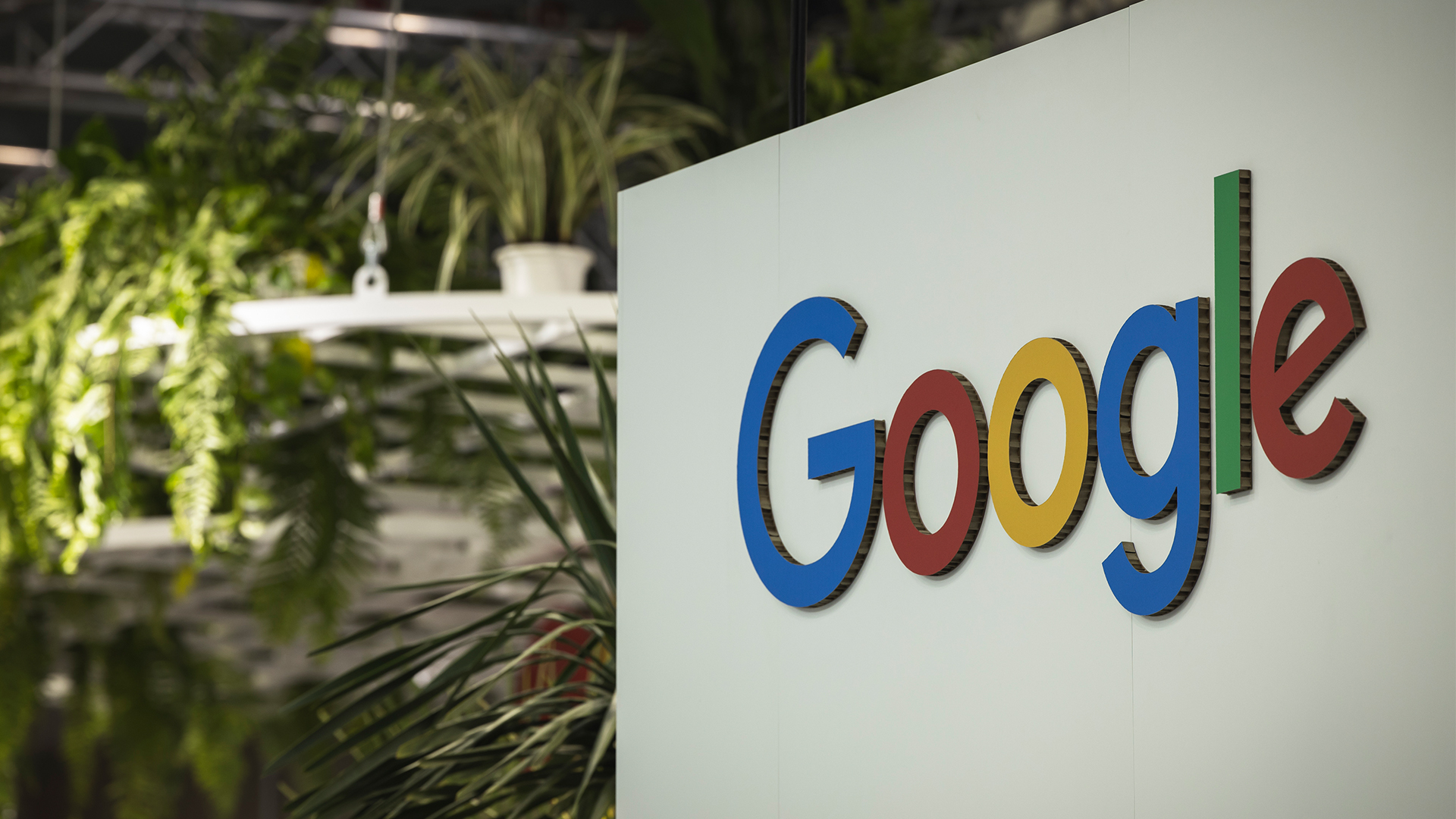 Google wants regulators to break up Microsoft's OpenAI deal
Google wants regulators to break up Microsoft's OpenAI dealNews Google has already been nipping at Microsoft’s heels in the European cloud market over competition concerns
By George Fitzmaurice Published
-
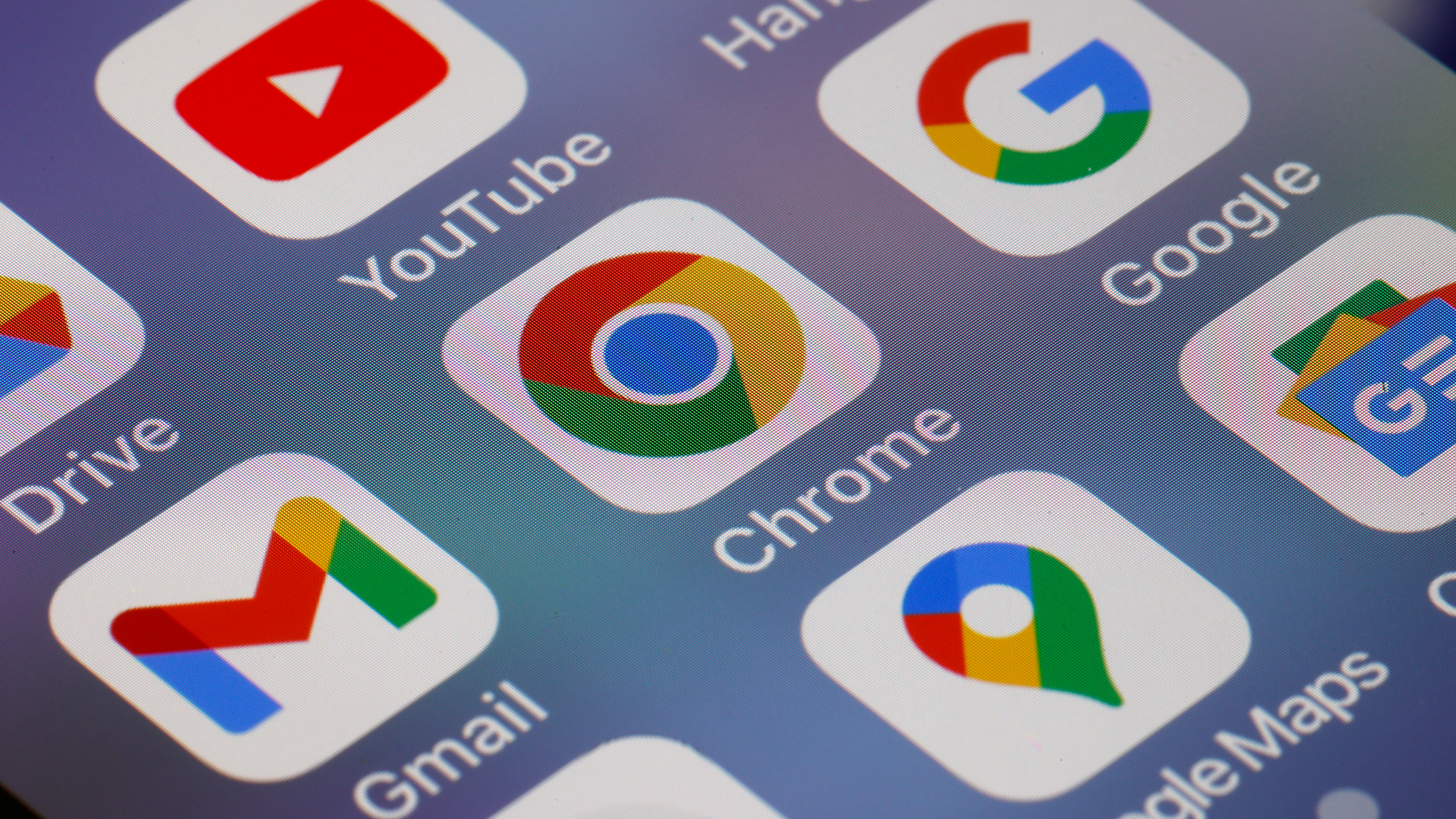 DoJ demands Google sells Chrome — and potentially Android too
DoJ demands Google sells Chrome — and potentially Android tooNews Confirming earlier reports, the US Department of Justice filing calls for Chrome to be divested over monopoly concerns
By Emma Woollacott Published
-
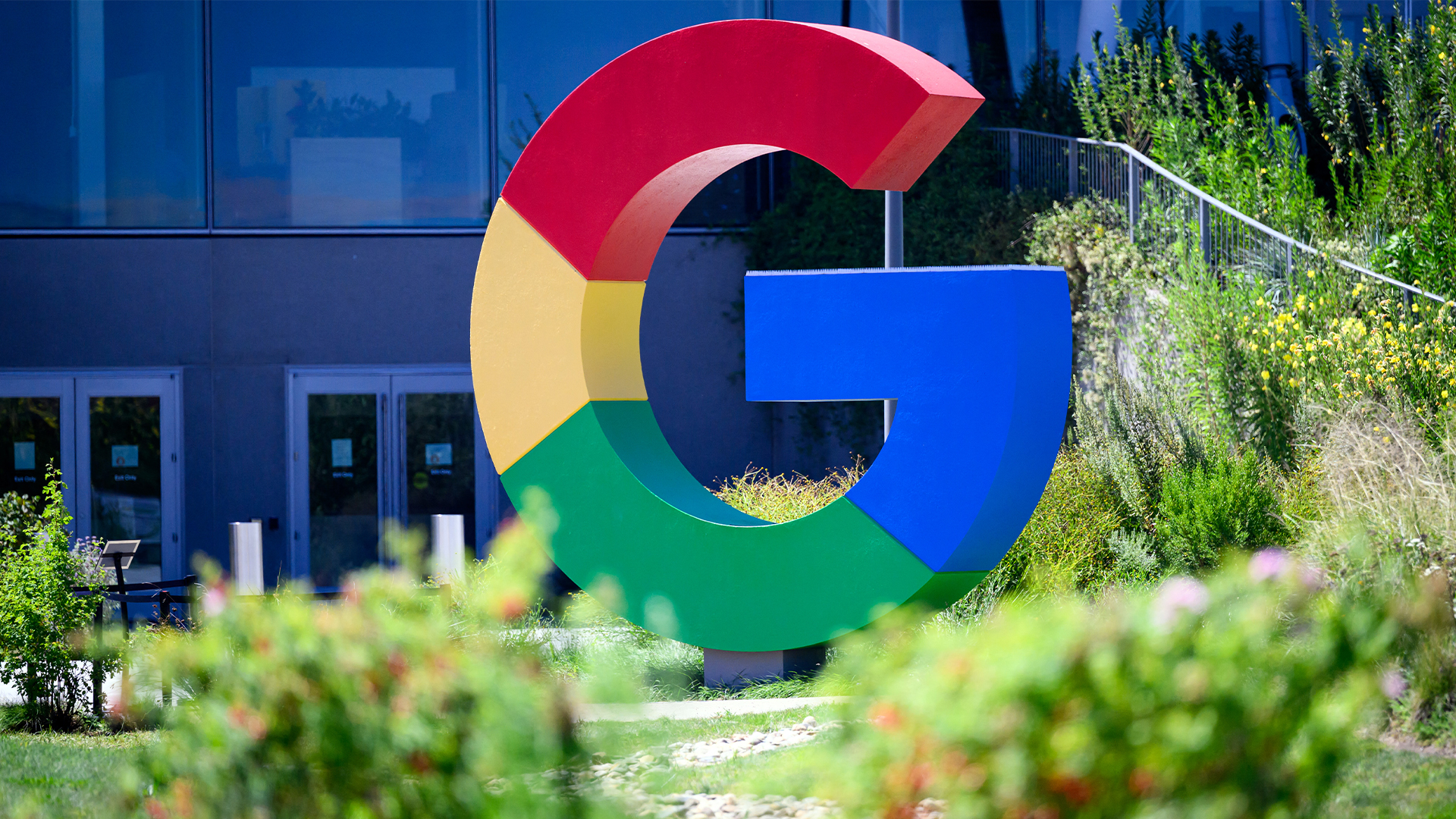 Google slams reported forced Chrome sell-off, says "radical" move would harm businesses
Google slams reported forced Chrome sell-off, says "radical" move would harm businessesNews The US government previously told Google it presides over a monopoly in the search engine market
By George Fitzmaurice Published
-
 Eric Schmidt admits remote work has productivity benefits, but he still wants staff in the office
Eric Schmidt admits remote work has productivity benefits, but he still wants staff in the officeNews The tech exec came under fire earlier this year for criticizing Google’s remote work policies
By George Fitzmaurice Published
-
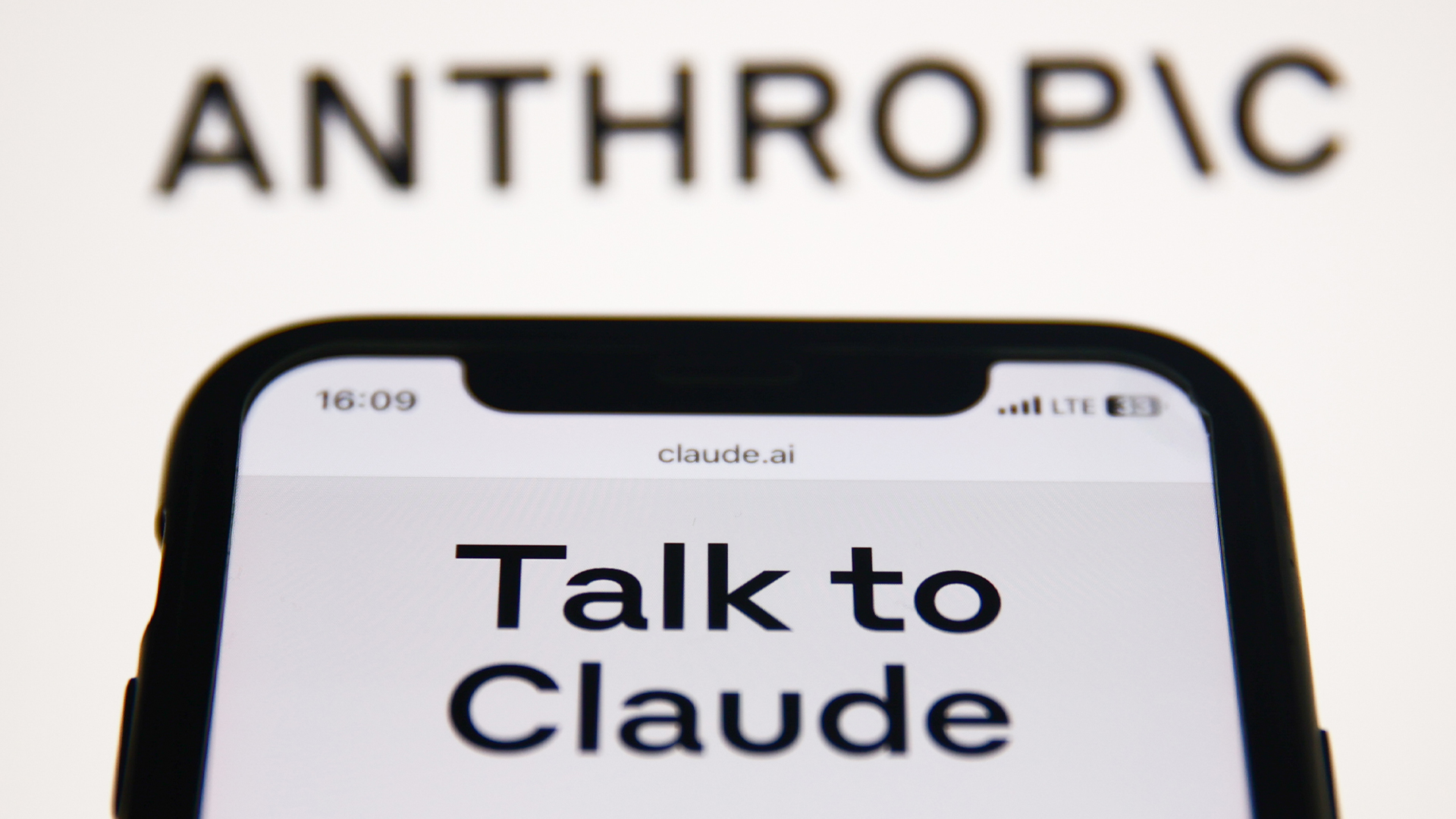 Industry body hits out at CMA following launch of Google, Anthropic merger probe
Industry body hits out at CMA following launch of Google, Anthropic merger probeNews Industry stakeholders think the probe will negatively impact innovation and growth in the UK’s AI sector
By George Fitzmaurice Published